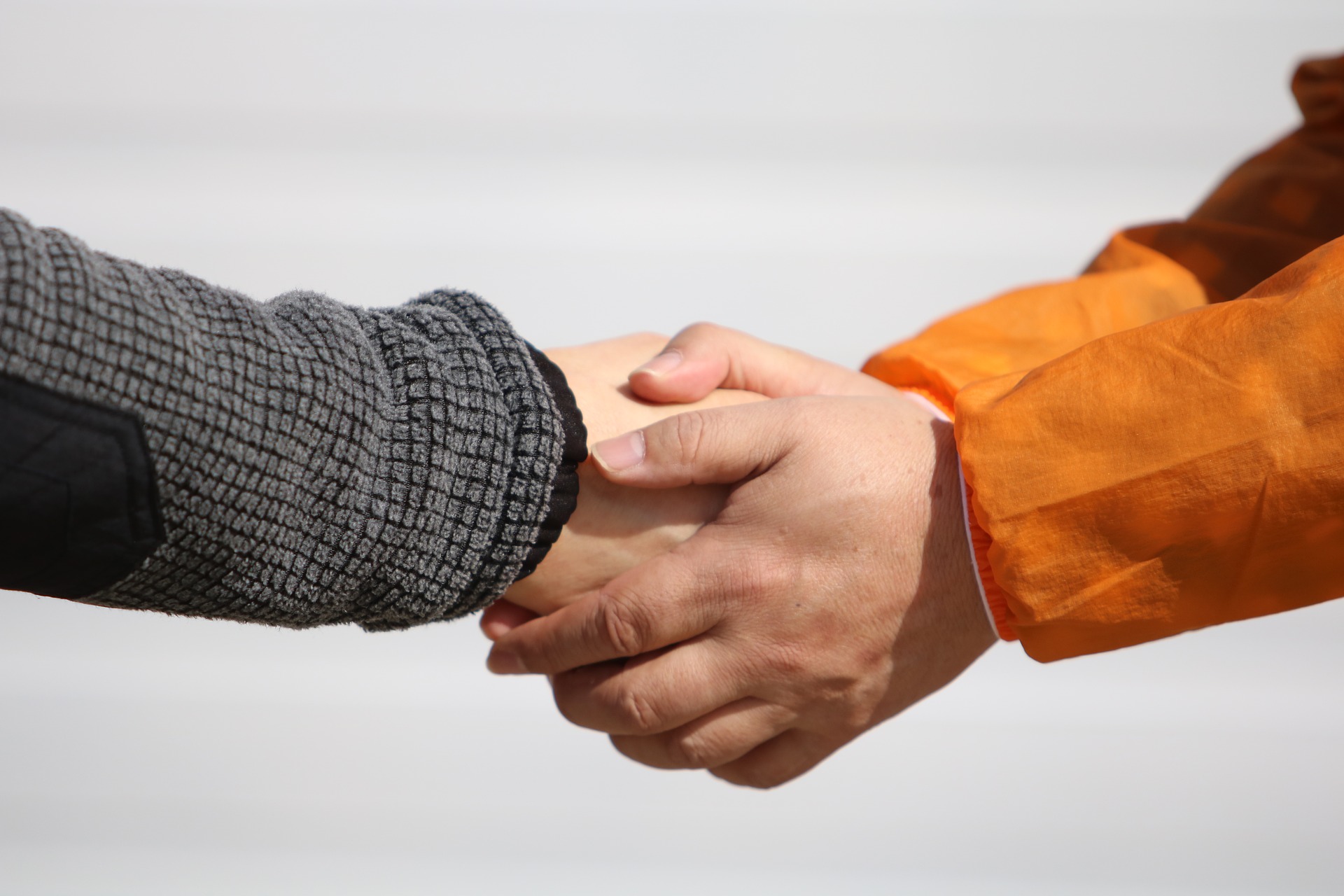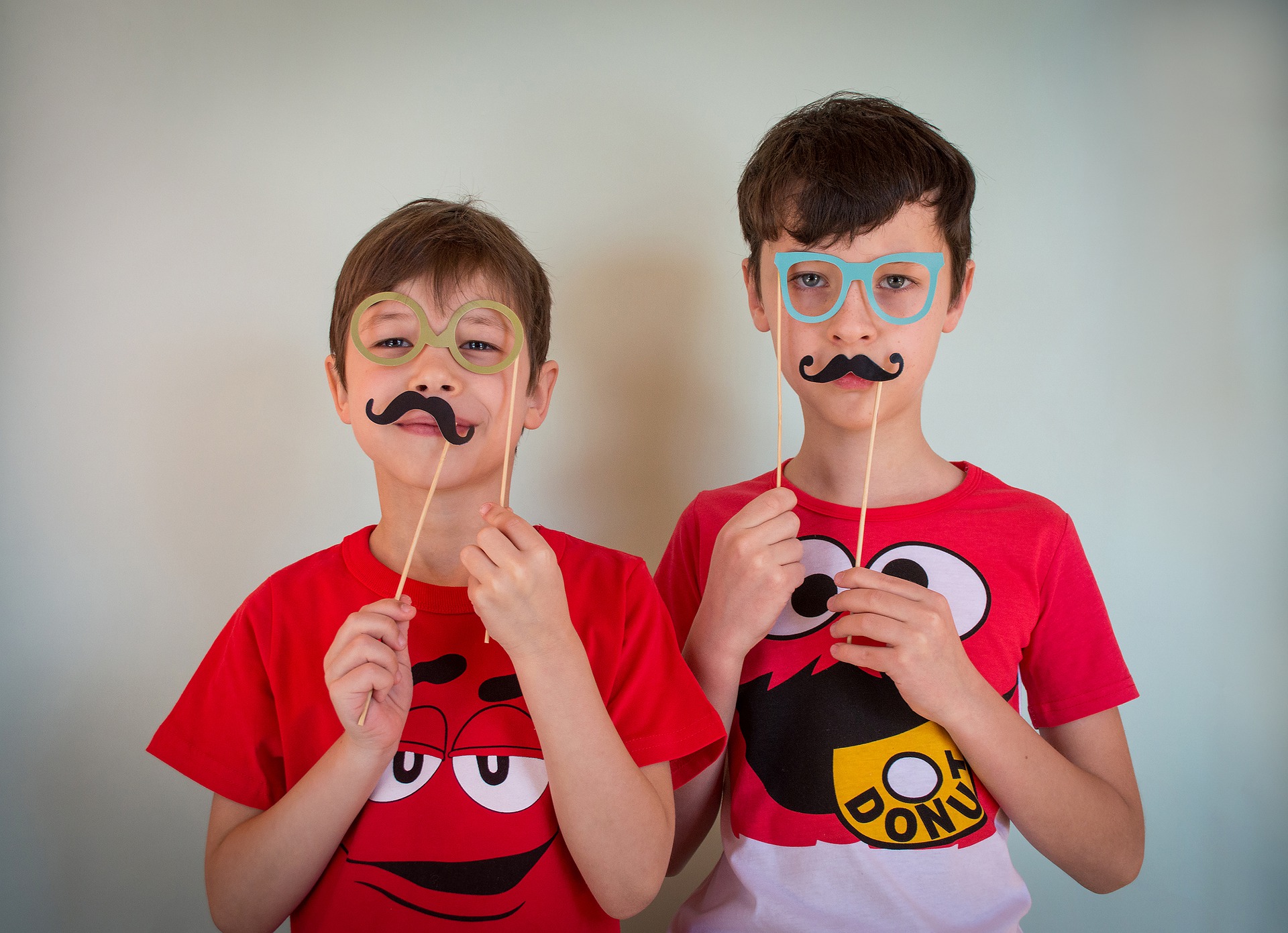I don’t like to give specific psychological advice. Particularly, advice about children. The reason is parents simply confuse psychology and pedagogics. Educating valuable members of society is not the main problem of psychology. A psychologist is called in to eliminate the cause of disease including mental issues. Having broken a leg or caught a cold, one tends to complain about being unable to act as he planned or used to act; in the same way, in case of depression or obsession, a patient cannot do what his body wants.
I don’t like to give advice but I have to.
Most often, mothers complain that their children bother them and stop them from working «properly». In such situations, a pedagogue does not eliminate the cause but builds temporary communication patterns to patch conflicts just as pills and ointments address the symptoms only instead of the root causes of the disease. Note that this approach is not just popular but acceptable for the majority of people who suffer from their children. They prefer not to busy their mind with the needless analysis and they have the sacred right to do so. If a woman asks on a ladies’ forum the following question: «I cried all night long. How do you think why?», she does not want to get an answer but just some sympathy and acknowledgment of the fact that she is not alone.

Sometimes women and men (generally referred to as the clients) come to psychologists complaining that they cannot live at peace with himself or with some imaginary people. Actually, these people are real (should they be unreal, psychiatrists are to help), but the client lives with the fancied images of these people and tries to explain their behavior using his own logic. Except for the cases of psychological disability, the problems of these people were grown by pedagogues who had been giving symptomatic relief for childhood traumas for several years.
Children apply even fewer (given that people younger than eighteen are children). Almost all of them apply complaining about their parents.
In other words, parents are at fault all around. Tooth and nail, parents strive to prove that they raised their children properly, but the children actually… The arguments they offer are based on all their knowledge in pedagogics and include alleging authorities. However, I’d like to underline that as a psychologist I know that books and authorities distort a person’s nature. I can help with toys, activities, models… but no pedagogics.
The difference between psychology and pedagogics can be demonstrated with a common example.
Many of you were probably moved by a child who starts to «feed» his parent. People with pedagogical background naturally shed a tear as a child stretches a slab of cake of a chocolate to his mother or father. Such parents tend to think this is for good; they think these are fruits of their guidance and such a well-guided child would take care of them and support them. But a psychologist would just grin at naivety of these people and appeal to the psychological evolution. As a child is weaned, he needs to know which food is good to eat and which is not. A child would give the unknown food to his mother or father for them to try it and watches carefully to see whether they swallow or spits it out, poison themselves or survive. In this way, children use their parents for their needs and they would use them even more as they grow up: writhe in hysterics, lie on the floor, ask, beg, break things, steal money, cadge presents, threaten to hang themselves or leave the house… A sane child, not exhausted with medications and pedagogues, would behave this way. Any exhausted child would do the same but in a far more sophisticated way and spontaneously.
So, if you came to realize your role in your heirs’ lives and realized that children are individual human beings, and your question is «What to do?», then I have an answer for you: «Use nutrition».

Start from the successful breastfeeding. Up to three years, breast milk gives a baby the nutrients needed for the immune system. A child who did not have enough mother’s milk would be weak and nervous.
Between three and five, teach your child to keep the food hygiene and behave at the table. You should scold him if he spills or breaks something, but let him do it. In this way, your child would understand the measures of weight and volume (at loose hours, read Piaget), learn the basics of social behavior. In future, you will have no problems of inadequate perception of physical reality (accidental fall, poisoning, burns and so on) and your child would not be unwelcome in a social group with the opposite sex due to piggish behaviour at the table.
Between five and ten teach your child to cook. In the first place, you would demonstrate how independent he is: a hungry person knows what to do and would not act up if he can cook something; this means, he can be entrusted with more responsibilities. In the second place, your heir would not get a natural stress and a fear of starvation, and the chances for him to commit a silly crime like «a theft» or «a robbery» would be lower. In the third place, he would learn to value his own work and the work of others. He would not be choosy about the food and grimace because he cooked the food himself. As he grows up, he would not eat away other people’s nerves and suck the blood of his family. Moreover, you can form volition by comparing the size of the portion with the appetite and avoid the problems of obesity and malnutrition.

Between ten and fourteen, teach your teenage child to turn living creatures into food, for example, to catch fish. Girls are no exception here, with a focus on fruit-berries-herbs-roots… Multiple experiments showed clearly that the key factor of respecting somebody is his ability to teach something. A child would probably forget which fish they treated him but he would be grateful to the person who taught him to catch fish.
Above the age of fourteen, it is a good idea to try national cuisines while traveling; this would be the first step to become more socially involved and be ready to be a leader in the multicultural environment.
Above the age of eighteen, you should host parties with your child and discuss sexual issues, relationships with friends and girlfriends, solutions to conflicts with him, as with a grown-up man… In a kitchen atmosphere, build friendship and partnership; you see, we trust our secrets to those whom we cook with far easier than to pedagogs.
When you have grandchildren, you and your former children, your partners now, would introduce the nutrition technique in raising their children. As they grow up to be healthy, having passed the kitchen school, their achievements will make you happier.
If you agree with me, you can use the funny food tips for free from the ever-breeding collection at https://docs.com/ivan-sidorov/1460/funny-food.
Author Ivan Sidorov
Translator Nataly Bondarenko
Original text Питание и воспитание








